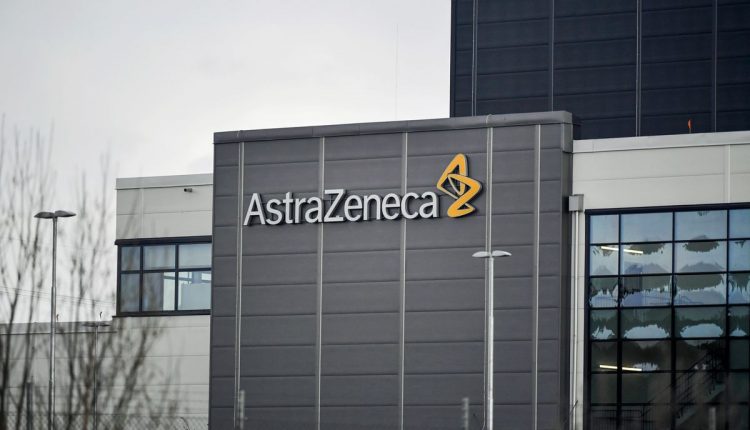The U.S. federal government announced on Tuesday it is awarding drug giant AstraZeneca $23.6 million to help the company develop an antibody treatment for the new coronavirus.
The Biomedical Advanced Research and Development Authority (BARDA), part of the U.S. Department of Health and Human Services, and the Defence Advanced Research Projects Agency (DARPA), said they were helping AstraZeneca to achieve a phase one clinical trial of its monoclonal antibody combination.
“Using an interagency agreement, BARDA will support AstraZeneca’s development of a monoclonal antibody combination product against SARS-CoV-2, including a Phase I clinical trial and the manufacturing of the investigational product for testing in Phase 1,” the U.S. Department of Health and Human Services said in a statement.
The trial will test the antibody cocktail for safety in people.
“Monoclonal antibodies are laboratory synthesized therapies that can be used to neutralize viruses. A combination of monoclonal antibodies that neutralizes the SARS-CoV-2 virus could be used as both a prophylaxis to prevent infection and as a treatment for COVID-19 infections,” the statement read.
“Therapeutic and prophylactic antibody therapies are urgently needed to combat COVID-19, particularly in the absence of vaccines.”
To date, there is no approved treatment for coronavirus, although Gilead’s antiviral drug remdesivir has received an emergency use authorization from the U.S. Food and Drug Administration (FDA).


